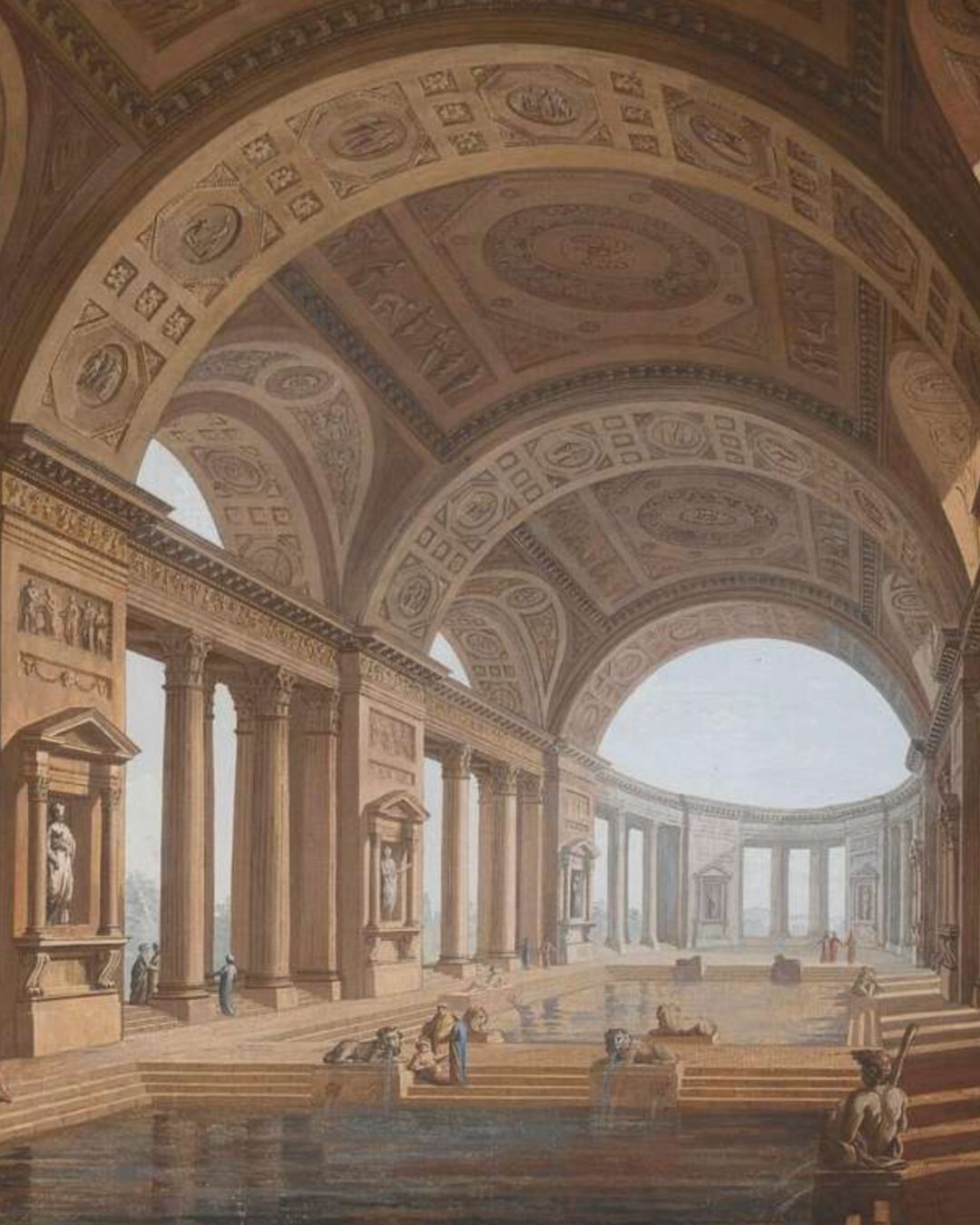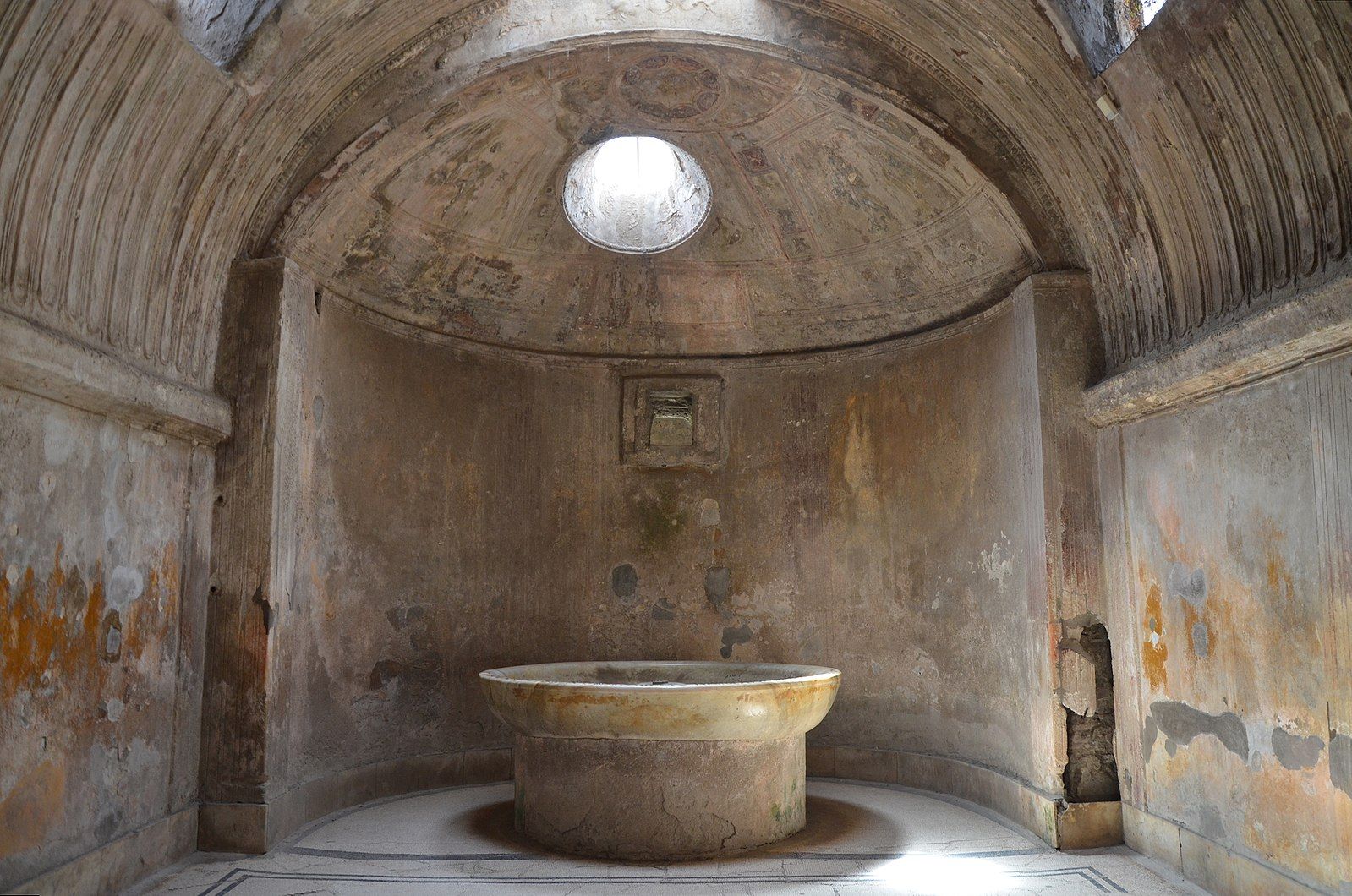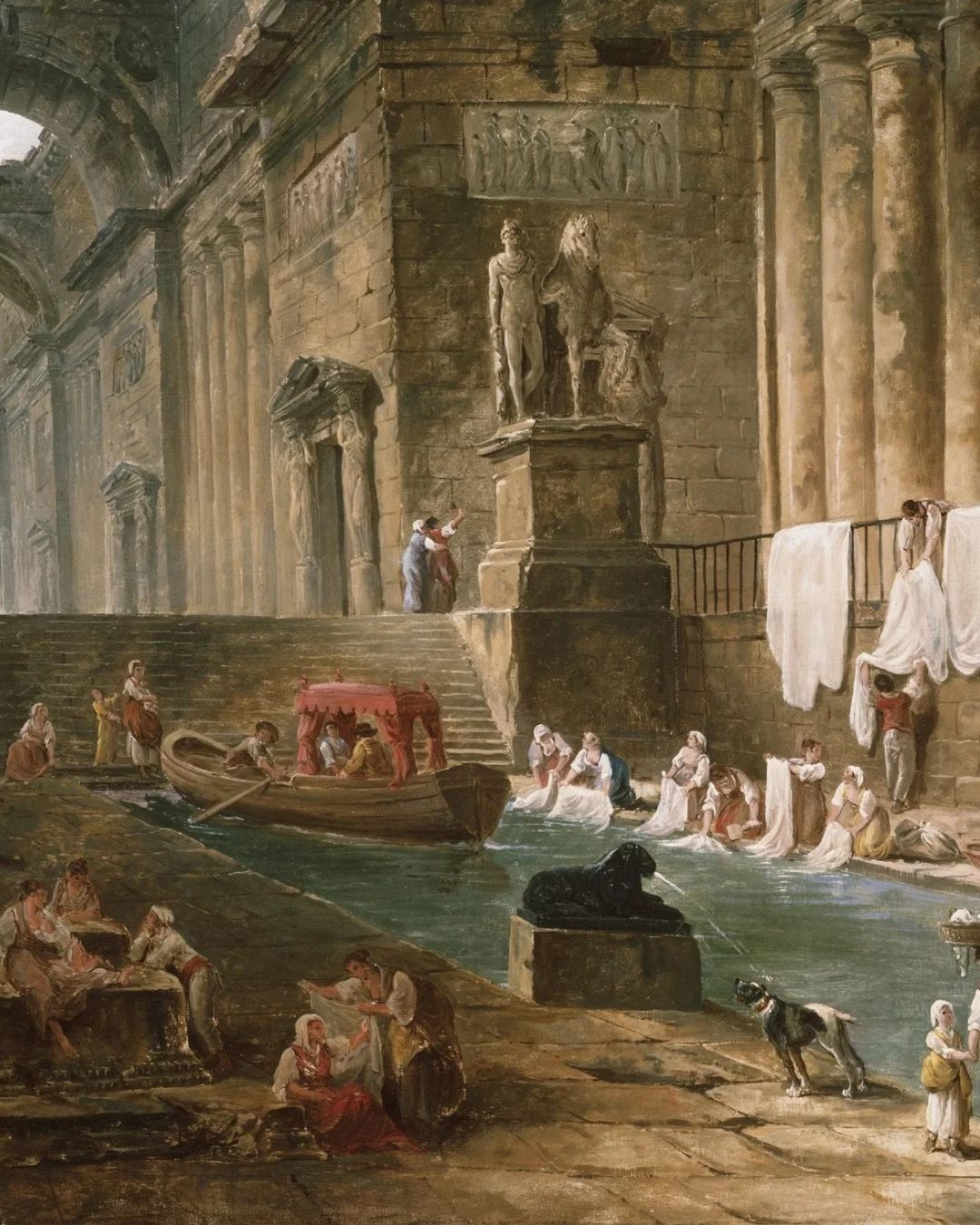
For a Roman man, the bath was more than hygiene. It was a space for training, gossip, networking, and soft power – activities that all took place amid marvels of marble construction. The architecture of the bathhouse itself served as propaganda: proof that Rome could command water and stone like soldiers on a field.
The Romans had their rituals. From the thermae of Caracalla to the Baths of Diocletian, the choreography was always the same.
Step One: Apodyterium
Strip here. This ancient changing room held shelves or cubby holes for belongings — and for the wealthy, slaves to guard against thieves. The apodyterium was more than an entry point: it was a place to shed dust, politics, and tunics alike.
Step Two: Tepidarium
Warm floors, warm walls, a soft prelude. Hypocausts or charcoal braziers kept the room comfortable, allowing bathers to acclimatise to the searing heat ahead.
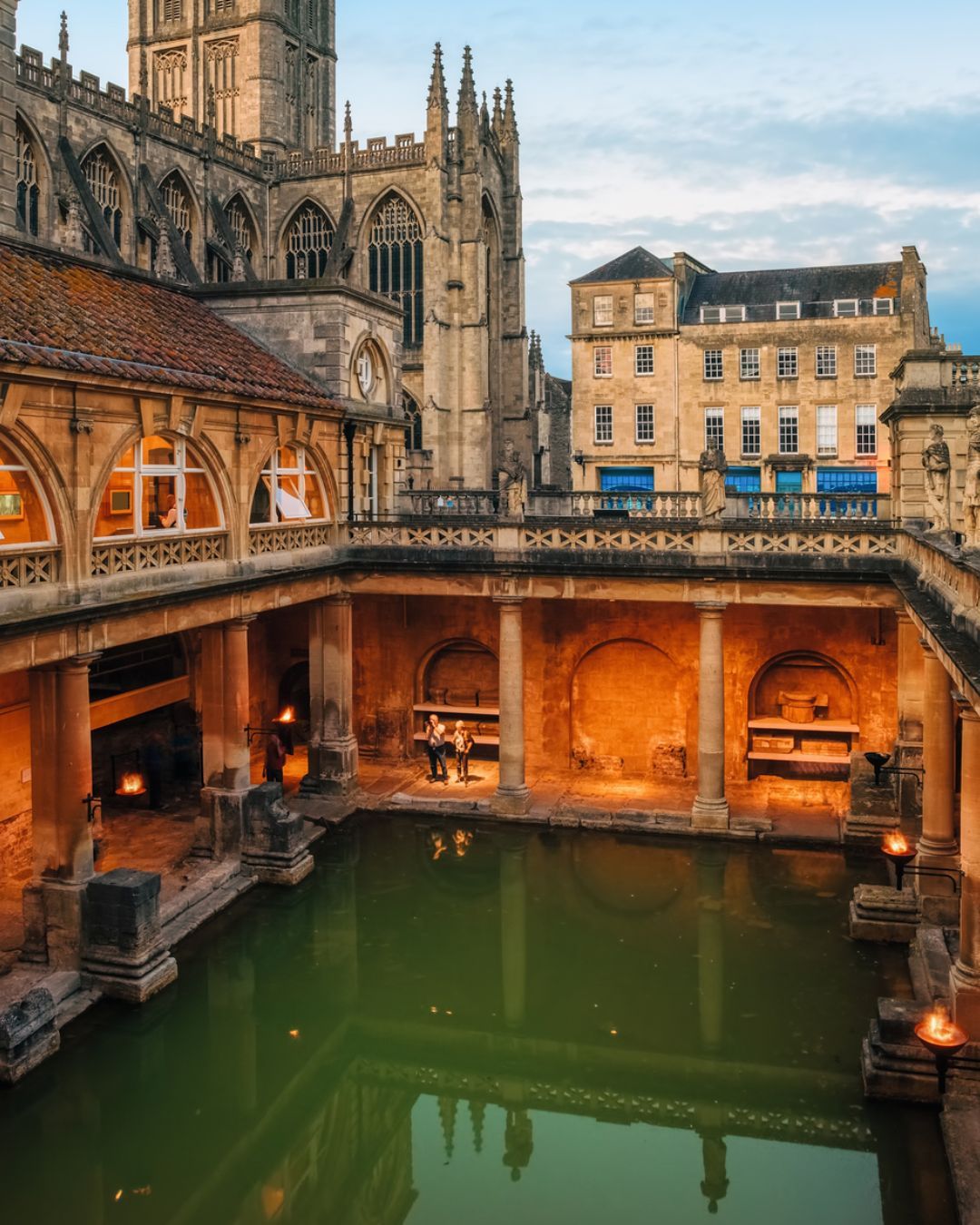
Step Three: Caldarium
The hot room. Steam from hypocaust furnaces stoked by slaves, pores opening, muscles slackening, voices dropping to whispers. Oriented to the south to catch the afternoon sun, the caldarium was where deals were struck in sweat and betrayals rehearsed in steam.
Step Four: Frigidarium
Shock yourself awake in the cold plunge — skin tightening, nerves tested. Then back again. Fire and ice forging the body like tempered steel.
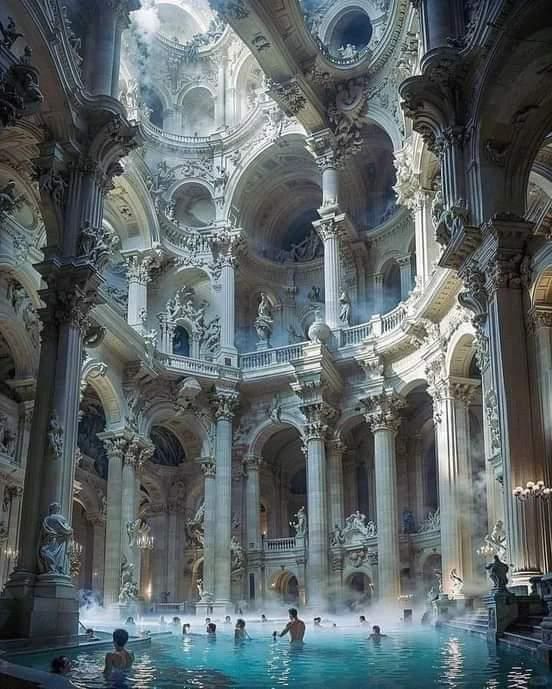
For Romans, bathing wasn’t passive. It was exercise, massage, oil, strategy. Pliny praised post-bath oiling for strength; Galen called alternating hot and cold ‘a training of endurance’. The body became a political instrument: supple, disciplined, perfumed.
The buildings themselves — vaulted, symmetrical, mosaic-laced — were monuments to dominance. To walk the halls of Caracalla and Diocletian was to walk into Rome itself — a city that bent heat, water, and flesh into instruments of empire.
At 39BC, we return to bathing not as routine, but as ritual — a practice that disciplines, restores, and perfumes. Our Cleansing Shower Oils recall the intimacy of oils once poured across Roman skin, not for luxury alone, but for strength, endurance, and presence.
Step into Sage Water, a ritual shower oil inspired by clarity after heat. With notes of petrichor, rose, birch tar, moss, and musk, it evokes that moment of stillness after steam — the breath drawn when fire meets ice.
Because bathing, whether in Rome or now, is never just cleansing. It is training. It is ceremony. It is self-preservation as power.
